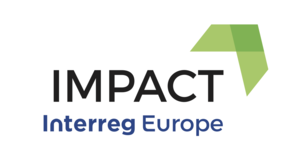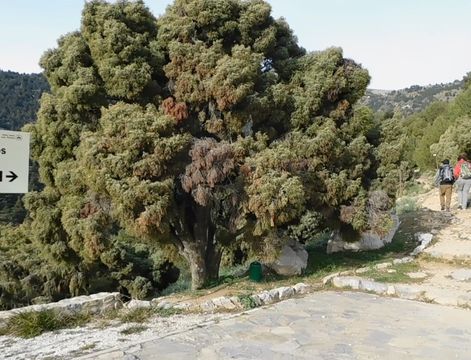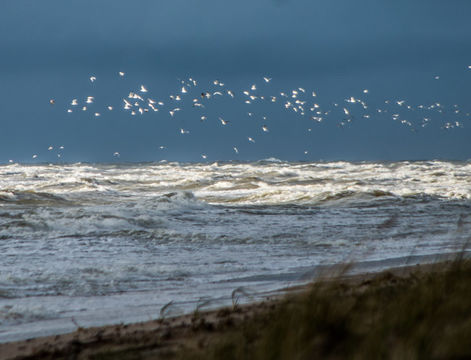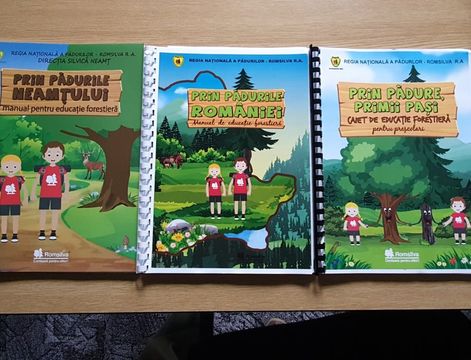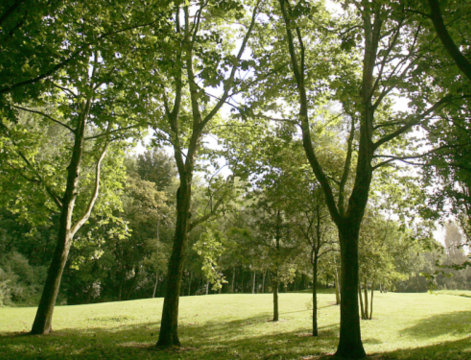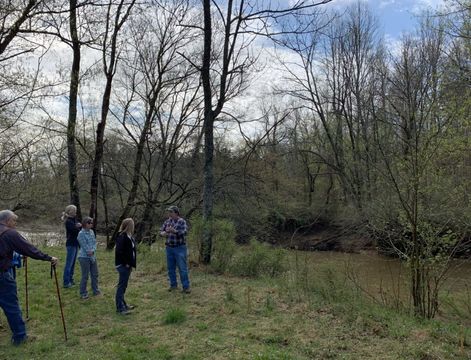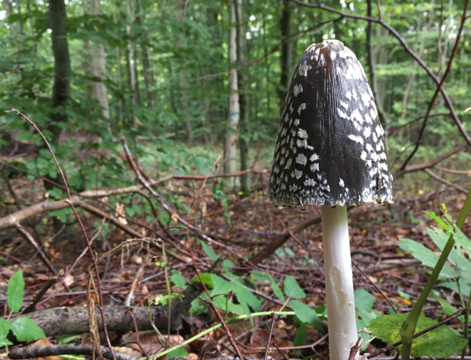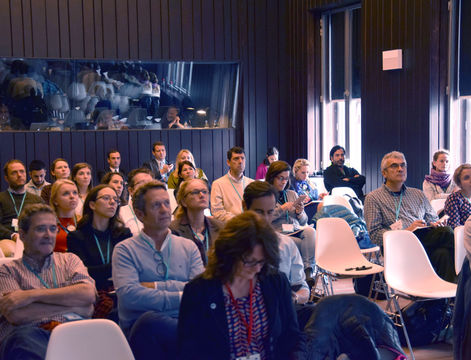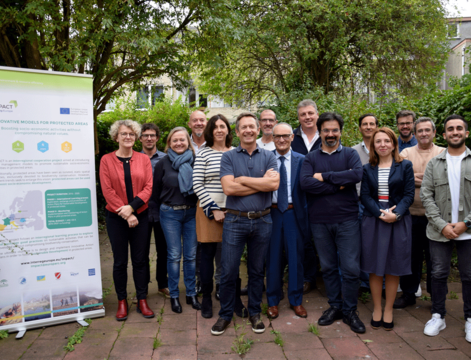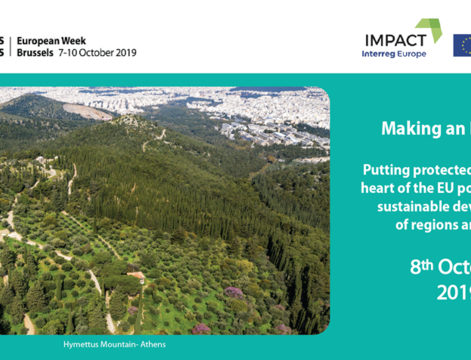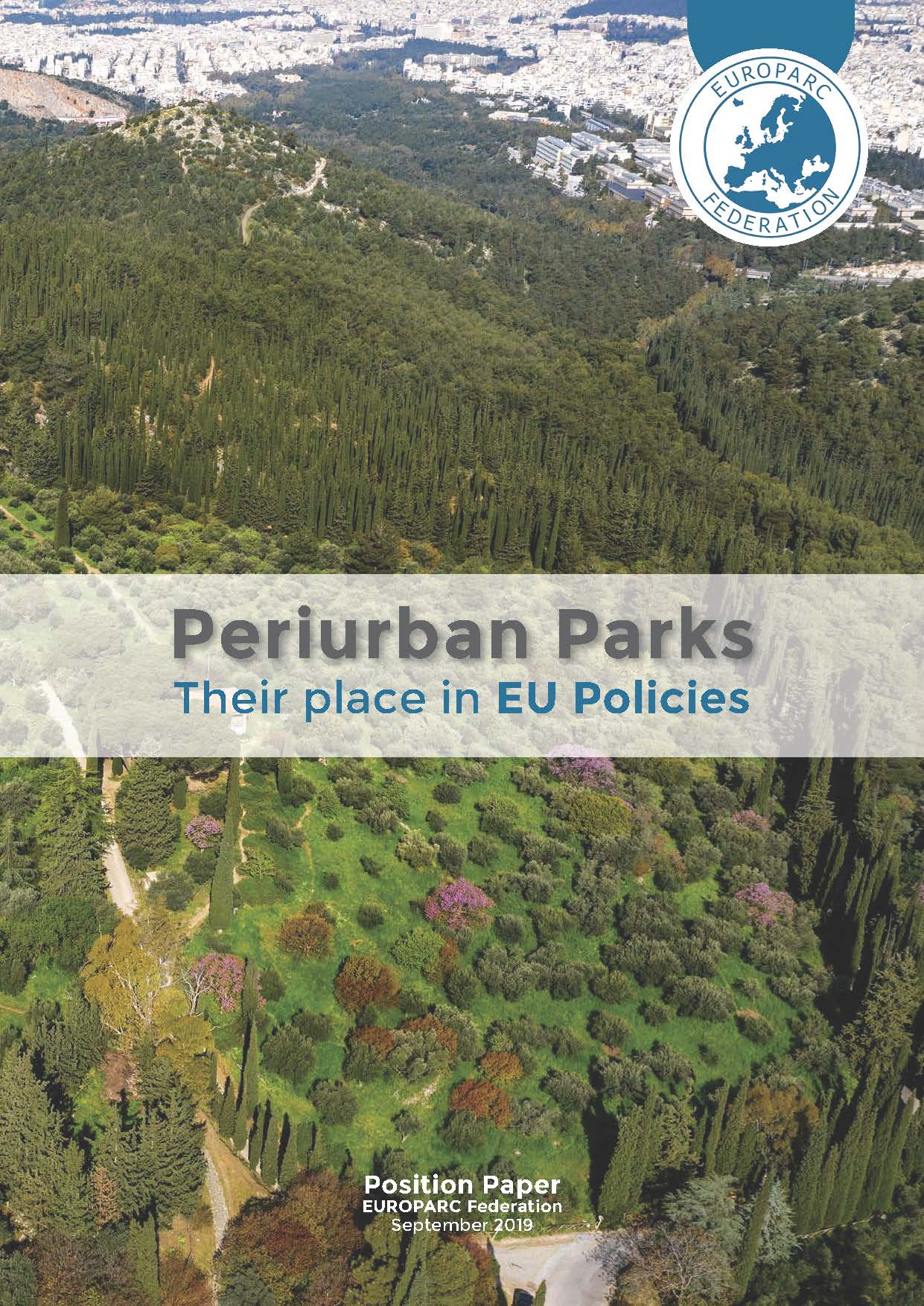During the interregional meeting hold in Regione Molise a Round Table was organised by EUROPARC Federation to collect the opinion of different stakeholder groups on Sustainable development in Protected Areas, the strenghts and the weakness.
ORGANISERS
- Teresa Pastor - EUROPARC Federation
- Fernando Pinillos - EUROPARC Federation
PARTICIPANTS
- Carmen Ginacola – Botanical Garden of Capracotta
- Michele Minotti – Research Technical staff Man and Biosphere Reserve of Colemeluccio – Montedimezzo.
- Francisco Cobos – AMAYA, Agencia de Medio Ambiente y Agua de Andalusia
- Mélissa Desbois – ENRx, France
- Aisté Jurkiené – EUCC, Lithuania
- Cristian Ciobanu – UNESCO Hateg Geoparc, Romania
- Mihaela Nastase – ROMSILVA, National Forestry Register, Romania
- Gabriela Cretu – Danube Delta Biosphere Reserve
- Carmela Serio – Cooperativa La Ramegna, Oasis Guardaregia – Campochiaro
Participants agreed that promoting Sustainable socioeconomic activities in Protected Areas is a means to fix population to the territory and reduce the depopulation that many European rural areas are suffering, specially in what concerns young generations. A reverse trend is that experienced by coasts, that keep on attracting new population. Protected Areas in coastal zones have to find alternative socio-economic activities to mass tourism in order to reduce impact of visitors in sensitive habitats.
In fact, the limits of what can be done and not is determined by the protected area strategy and may vary according to different zones within the protected area.
Most of the profitable activities carried out in protected areas in IMPACT project are linked with sustainable wood production, hunting and specific produce such as cork, white truffle, amber. Public administration may have to support these activities and usually encourages the recovery of traditional methods and activities such as medicinal plants harvest, bee-hives, etc.
One of the greatest challenge is to involve young people in socio-economic activities in a protected area. Some strategies are been followed by the different partners, all of them consisting of "approaching nature to youngs" through different educational activities and volunteers programs.
What is important is to first create a sense of belonging to the territory in young people and second create the context to hire them, and this should be done by promoting life quality instead of high salaries.
Read the whole Round Table here.
